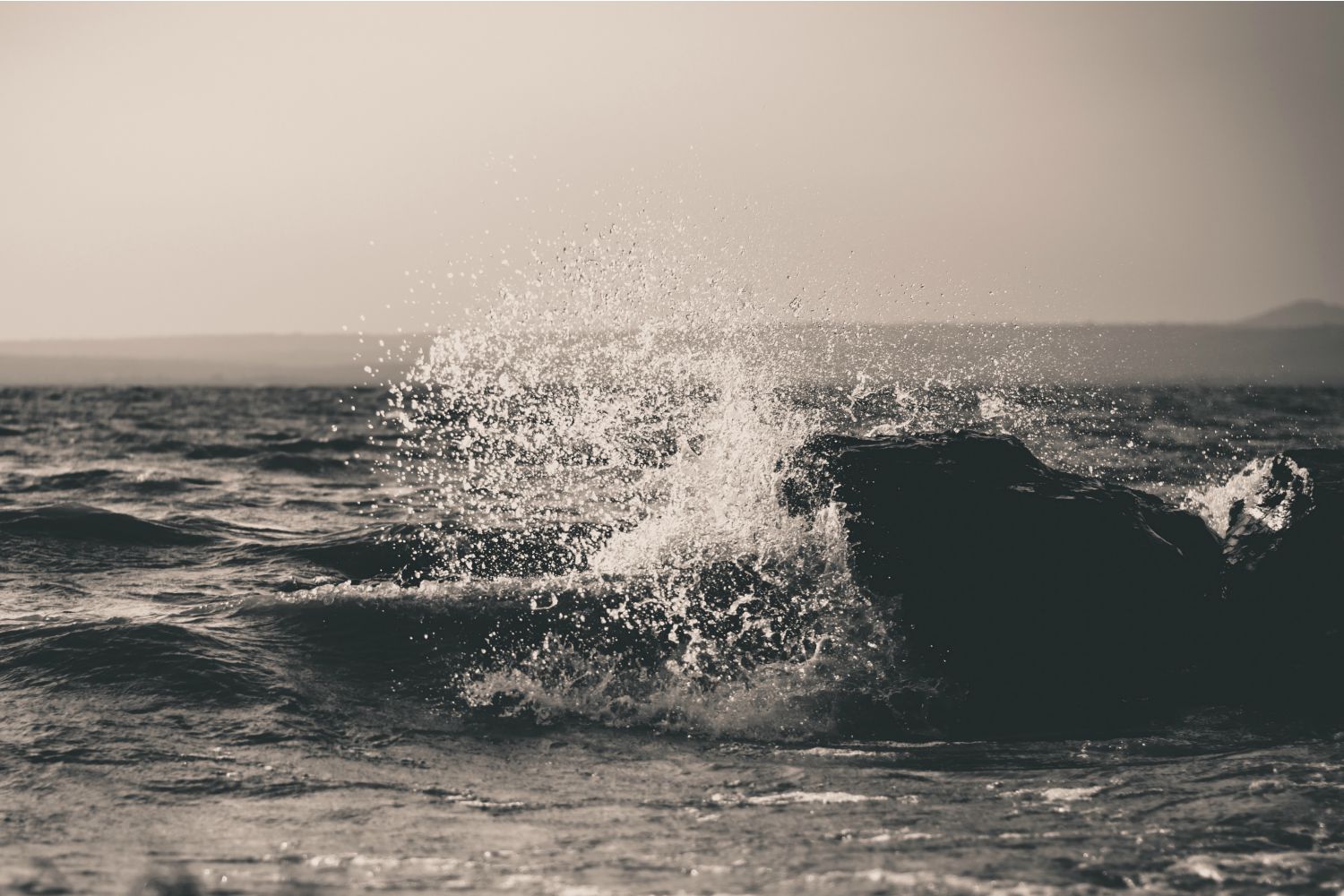Instead of engaging the complexity of the world around us, it often seems easier to divide everything into broad, black-and-white categories. Here, Charlie Howell, a third-year MA in Counseling Psychology student, writes about learning to embrace the full range of humanity—good and bad, safe and unsafe—in himself and others. This post originally appeared on lifeauthentic.net.
“These fragments I have shored against my ruins.”
-T.S. Eliot
I’m beginning to realize there is a certain bind I have often found myself engrossed in—one that has deeply impacted my life experiences and my relationships. This bind is called safety. It’s a bind because oftentimes safety is seen only in the categories of safe and unsafe.
In the psychology world this is called splitting: when something or someone must be all good or all bad to be real. Splitting comes when we are unable—or unwilling—to see the complexity of human existence. It’s something we all do, often with no idea we are doing it.
Culturally we do this all the time. We turn our anger toward the devilish white cop or the dangerous young black man. We deify some celebrity who works with kids in Africa or the southern mega-church pastor who can do no wrong. Whether we are ignoring someone’s darkness or their capacity for goodness, we are wrong. There is no such thing as a person who is all good or all bad.
Sadly, this reality often goes unrecognized.
I remember in college taking a date to my fraternity’s semi-formal event in Savannah, Georgia. I’d asked the girl I was seeing at the time who, sadly, wasn’t as into me as I was into her. One night as I was beginning to realize this, I got too drunk and, barely aware she was in the hotel room, threw a trash can in her direction. It was dumb and violent, and I apologized profusely the following day. Our relationship, at least in its romantic form, ended after that trip.
I’m reminded of this story because I’ve come to realize that I have felt trapped by the bind of safety for much of my life. After that night I felt as though I was unsafe—like my anger made me dangerous. Unfortunately, this is a message that has been reinforced many times throughout my life. I’ve struggled to feel accepted in my humanness, too often sensing that there is no middle ground—that I must be either all good or all bad. I can either be trusted with vulnerability or I cannot. I am either safe to love or unworthy of it.
Quite frankly, this isn’t just a message that comes from outside myself. It’s co-created. I also struggle to accept my own imperfection. I also fluctuate between utter shame and total denial of any capacity for causing harm. Again, we all split both ourselves and those around us.
It makes me want to ask, what of my humanity? Where is there freedom to be both good and bad, safe and unsafe? Is there space for me to be both broken and redeemed? Perfect and imperfect? Am I allowed to be human?
The girl from semi-formal and I have remained friends for close to a decade now. And my actions didn’t end our romance; the end was coming long before I started drinking Southern Comfort. But when I look back on that night, I realize it’s time to give myself some credit. I really cared about that girl, and still do. I shouldn’t have thrown things, and I should have dealt with my sadness without a bottle of liquor. But I also care deeply for people. When I love, I love hard, and it’s time to give myself some credit for the goodness in my mistakes.
I am very broken, but I am also very good.
In other words, I am safe. I am worthy of vulnerability, love, and pain. But I will also inevitably screw up. I will get angry. I will say things I don’t mean. And I will apologize, because that’s what humans do: they make mistakes and then they ask for help and forgiveness. To be human is to be both safe and unsafe. We are not bound to one or the other, no matter how much the world in which we exist wants us to be.
I used to think one day all this work I’m doing would make me clean again. That if I could just dig a little deeper, peer a bit further into my story, I could cleanse away all the scars. But the scars never go away, and who would want them to? They are what make me who I am. It’s the scars which give hope for redemption. It’s the scars that allow the belief that there are relationships out there in which vulnerability can be shared in safety, and forgiveness can be found in brokenness.
I am not all good. I am not all bad. I am a man, I am human, and I am complex. I guess all that is to say, I am Charlie.

